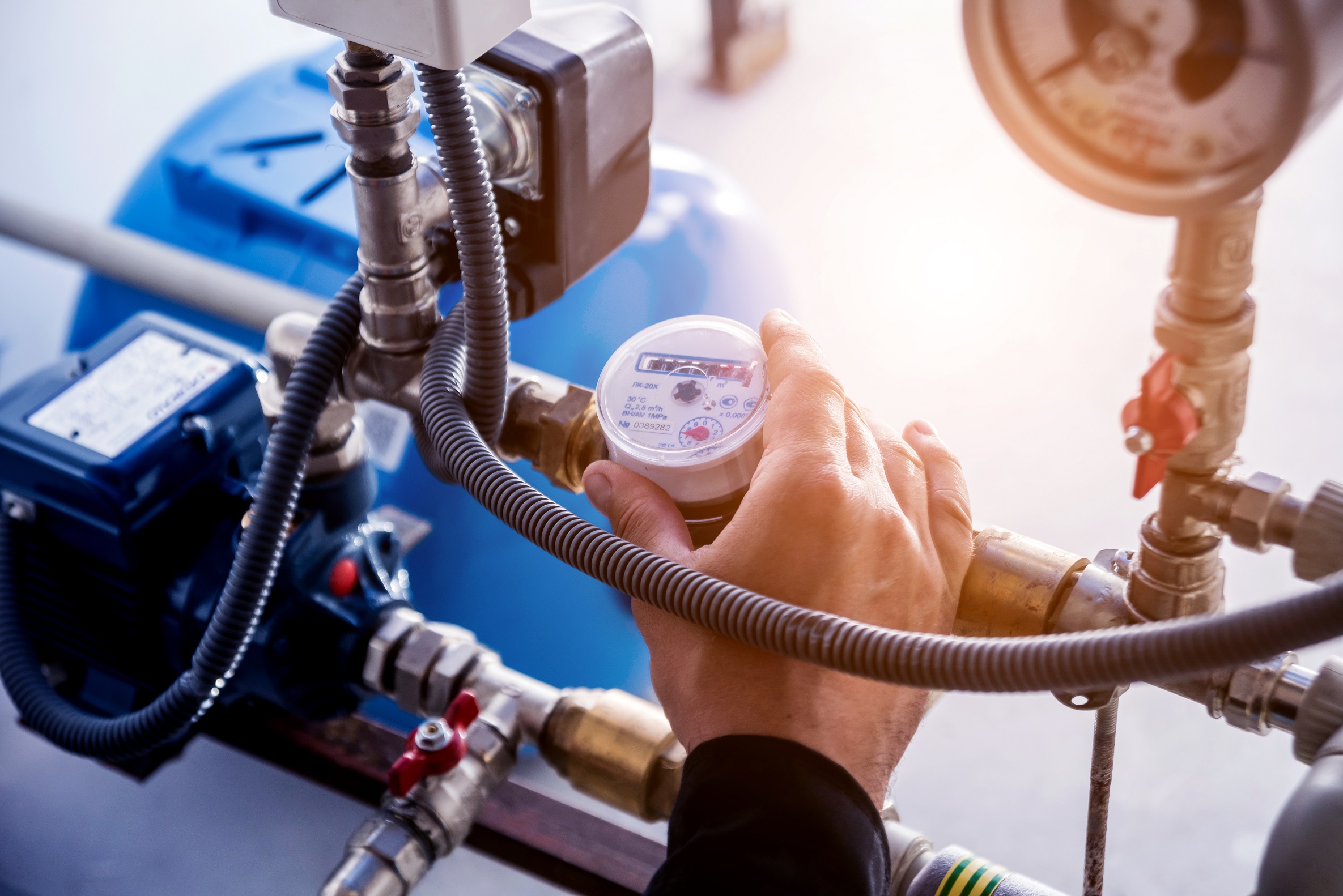
The essential checklist to keep your water heating system safe post lockdown
With many working premises already open, including schools and other institutions, it’s vital that the appropriate checks and maintenance are undertaken to the premises’ infrastructure and appliances in order to avoid unnecessary breakdown and, more importantly, potential health and safety issues.
Checks on water heating systems are one essential that should not be missed, with a series of recommended procedures needed for continuous flow hot water systems, before bringing them into active service.
All hot water delivery systems, in any commercial or institutional site, need to have a detailed inspection to eliminate the potential presence of Legionella (Legionnaires disease) which may have accumulated in static hot water systems during extended periods on inactivity – like lockdown.
The Health & Safety Executive (HSE) has guidelines on this specific topic:
ACOP L8 guidelines, produced and published by the HSE, lists the details and necessary procedures to ensure system cleanliness.
According to ACOP L8, continuous flow direct to outlet systems are regarded as low risk for Legionella, as they allow for a full turn-over of water volume, have no stored water and use accurate temperature control.
However, stagnant water can pose a risk to users of a building, so it is essential that any water system is prepared and refreshed after a building has been left unused.
Before people return to the building, we advise undertaking a fully comprehensive and detailed inspection. The first and most important point of inspecting the appliances is to ensure they can operate to maximum efficiency, especially if there is no record of what procedures were taken when the system was shut down.
When bringing a continuous flow hot water heating system back to into active service, there are a few procedures which you will need to follow:
- With the water heaters still shut down, allow fresh cold water into the system and flush all outlets for a minimum of 5 minutes. This will allow all stagnant water to be removed which should take any harmful bacteria with it. Another method can be to flush the system with a suitable biocide chemical, but this should only be undertaken with suitably qualified or experienced personnel.
- Once the above has been completed and, if the appliance has followed a regular and appropriate service regime, the water heater can be brought into service and the below steps carried out:
- Set appliance to 65 degrees C (if it is not already).
- Open gas supply.
- Turn on the secondary pump, check water heater is operating correctly by checking gas pressures and allow to recirculate for at least 1 hour.
- After one hour, if possible, adjust TMV’s to 55 degrees and flush all outlets for a minimum of 5 minutes.
- Carry out sample tests for all water outlets for any Legionella presence.
- If the appliance has not been serviced within the last 4/5 months, then a full service should be carried out before above steps 1 – 5 are carried out to avoid a costly breakdown of the appliances.
Other modes of hot water delivery systems will have their own sets of procedures. So, it’s best for site managers and maintenance personnel to ensure they obtain specific sets of information for their particular system.
This may be time-consuming, particularly with all the other considerations businesses, organisations and institutions need to cover before reopening, but it is vital to check for possible Legionella given the lockdown duration. Nobody wants to have devoted so much time, money and effort combatting one virus and then let another harmful pathogen onto their premises through neglect or oversight!
If you would like to learn more about how DRS Facilities Management could help with inspection or maintenance of your premises, contact Mark Phillips on 01792 277170 or email markphillips@drsfmservices.co.uk
Mark Phillips
Mark Phillips is managing director at DRS, which is part of the RD Group – an innovative, high quality, multi-faceted group of companies providing full building services solutions.
He has over 40 years’ experience in the industry and has held several operational managerial and directorial positions with some of the UK’s largest firms since beginning his career as an electrical apprentice.
The role that he holds with DRS has made use of his expertise in: business planning; commercial and financial responsibility; HR; technical reviews; new products and processes, including Indoor environmental quality; building sensor technology; controlled environment agriculture; and resource to energy.
During his extensive career, Mark has been instrumental in the successful development of several business ventures, leading transformational change at project, programme and organisational levels.

